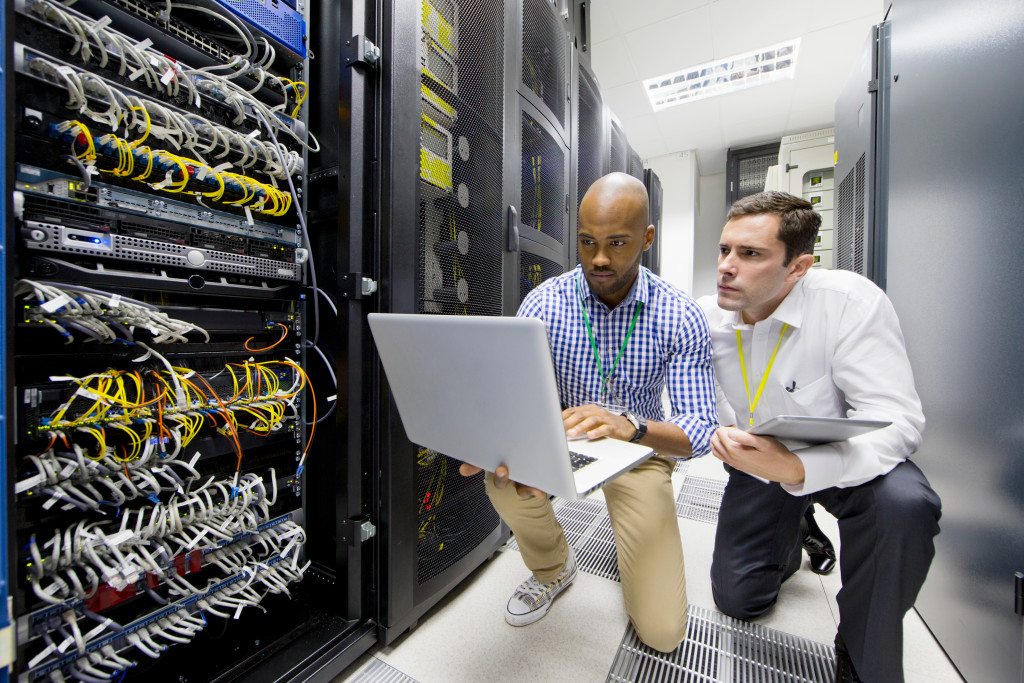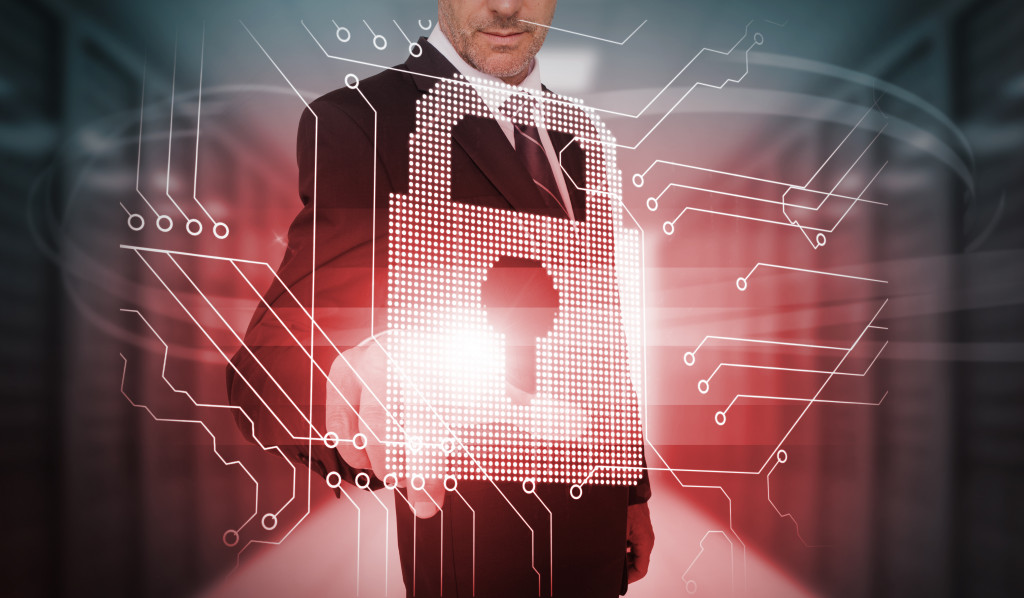The world is evolving at an unprecedented pace, and businesses struggle to keep up. Data is one of the most valuable assets a company can possess in today’s digital economy. However, information is also one of the most vulnerable business assets, as it is often in centrally located databases that are susceptible to attacks.
To protect their data, companies must implement security measures at all levels of their organization. This list includes everything from ensuring that only authorized personnel have access to sensitive data to encrypting all communications between systems.
Furthermore, companies must respond quickly and effectively to any incidents. It means having a robust incident response plan that outlines dealing with various types of security breaches.
Data security is no longer a luxury; it is a necessity. By taking the proper precautions, companies can safeguard their most valuable asset and ensure that they can continue to operate effectively in the digital age. Here are a few ways to do it.
Protecting Wireless Network and Employee Passwords
Most businesses rely on Wi-Fi to connect their employees to the internet and corporate network. However, Wi-Fi networks are often unsecured, making them easy targets for hackers.
To protect your Wi-Fi network, make sure that it is using WPA2 encryption and that you have a strong password. It would help if you also considered using a VPN to encrypt all communications between devices on your network.
It is also essential to educate your employees about data security. Teach them how to create strong passwords and never reuse passwords across multiple accounts. You should also require employees to use two-factor authentication whenever possible.
Forbidding Internet Access to Sensitive Data
One of the best ways to protect your data is to keep it off the internet. Internet-connected devices are often the weakest link in your security chain as they are easy targets for hackers.
To reduce the risk, consider forbidding internet access to any sensitive data. This data should only be on secure, offline devices. If you must store data online, ensure that it is encrypted and that only authorized personnel can access it.
It would help if you also considered using a Virtual Private Network (VPN) to encrypt all communications between devices. A VPN will create a secure, encrypted tunnel between your devices and the internet, making it more difficult for hackers to steal your data.
Employees must be aware of visiting sites that could introduce malware to the data network. Unfortunately, not every worker is well-versed with the internet’s complicated language. Phishing sites and malware attacks are still considerable threats when it reaches an employee. Fortunately, creating a firewall to prevent those attacks can reduce the number of cyberattacks under your watch.
Securing and Maintaining Data Storage Devices
Data storage devices, such as hard drives and USB drives, are risks to data security. However, these devices can be just as vulnerable to attack as any other device.
To protect your data storage devices, make sure they are adequately encrypted. It would help if you also considered utilizing a secure data erasure method such as physical destruction to ensure that your data cannot fall into the hands of someone who finds those devices.
Keeping your devices up-to-date with the latest security patches is also essential. Hackers are constantly finding new ways to exploit vulnerabilities in devices, so it is vital to keep your systems up-to-date.
Limiting Authorized Personnel Access to Data Centers

Data centers are often the most sensitive areas of a company as they store all of its data. It is essential to limit access to these areas to only authorized personnel.
All employees who have access to data centers should have appropriate training in data security. Furthermore, all data center personnel should be required to undergo background checks.
It is also essential to physically secure data centers. Only authorized personnel should access the data center, and companies should guard all entry points. The data center should also have an alarm system linked to the police.
In addition to physical security, companies must also protect data centers from cyberattacks. To do this, consider implementing a multi-factor authentication system for all data center personnel.
Data centers are also prone to overheating, making it necessary to access engineers who provide data center cooling installations. Those professionals, along with the IT personnel in charge of the data center, should be the only people with access to the necessary business facility.
Setting Up a Strong IT Team
A vital IT infrastructure is essential for any company that wants to protect its data. You can create a much more complex system for hackers to penetrate by implementing the proper security measures.
It all starts with having a well-trained IT staff. Your IT staff should be able to identify and respond to potential threats quickly. Furthermore, they should be familiar with all of the security measures.
No matter how well you protect your data, there is always a chance something could go wrong. That is why it is essential to have a disaster recovery plan. This plan should detail how you will recover your data in a breach. It might involve investing in the latest tools and equipment to strengthen the IT environment, but you will ensure that the response is fast enough to prevent significant damages from hackers.
Conclusion
Data security is essential for any business that wants to protect its most valuable assets. By following the tips, you can create a robust data security plan that will help to keep your data safe.

